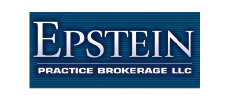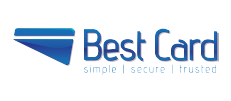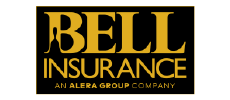Helping Dentists Navigate Their Finances
From tax planning and compliance to practice growth strategies, we understand the challenges and opportunities of healthcare finance. Let us help you on providing quality patient care while we manage the financial health of your practice. Discover how we can support your success throughout your business life cycle.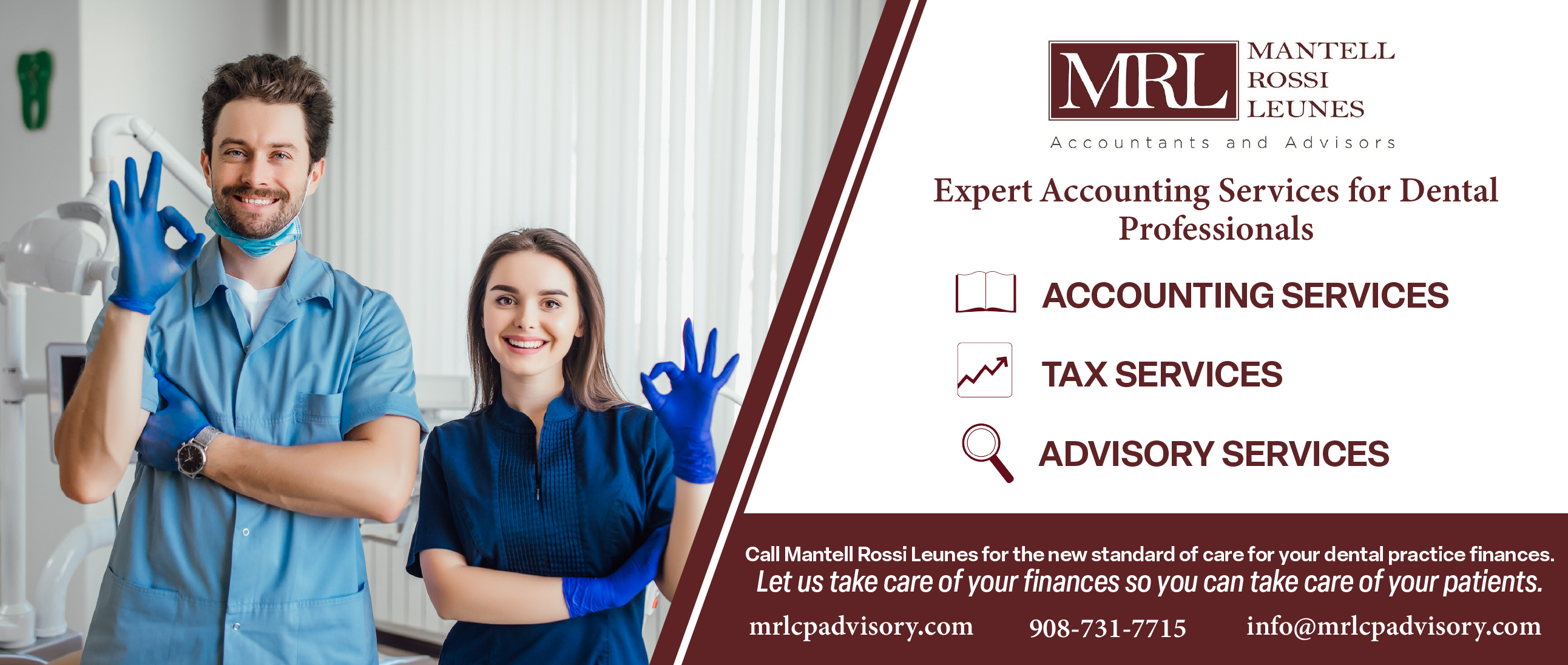
Less Than A Month Away!
We are now less than a month away from the start of our two-day convention in Bridgewater… now is the time to pick your CE courses and make your plans to be part of this exciting gathering of the NJ dental community!
RSVP By May 1st
The NDJA Celebration on May 16 is going to be huge! We are taking over the entire 7th floor of the AC Hotel including three bars, outside patio, pool table, DJ and dance floor!
New Jersey Dental Foundation
Take a moment to learn more about NJDA's brand new initiative to help the public learn more and gain access to oral healthcare! Read the mission statement, governance, structure and more.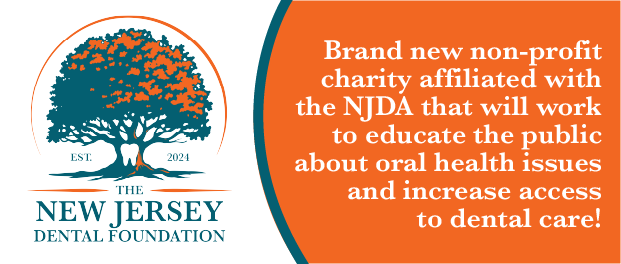
This is membership your way
Renew today to explore new lower membership costs and customization offerings.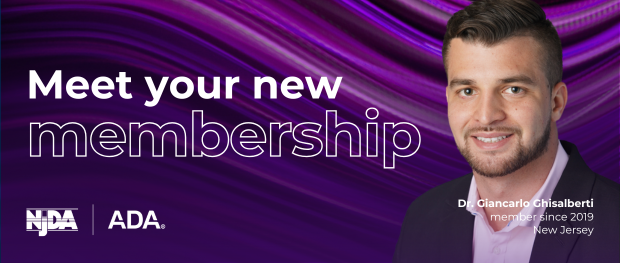
Helping Members Succeed
The New Jersey Dental Association is the voice of the dental profession and a strong proponent of oral health in the state. Members are part of a vibrant community of dentists encompassing 12 local dental societies as well as the American Dental Association. Members engage in educational programs, have access to dentist-centric relationships and tools to navigate the business of dentistry and their careers, as well as benefit from dedicated advocacy that protects the interests of the profession. The organization is run by member-dentists with the support of a team of professionals at NJDA Headquarters. NJDA members never practice alone!
UPCOMING EVENTS
DENTAL NEWS AND NOTES
5 Skills for Practice Owners
You’ve graduated from dental school, spent some time practicing clinical dentistry, and are now thinking about buying or starting a dental practice. Ownership was the right option for me, and it remains a desirable pathway for many. On average, private practice owners can take home an additional $50,000 to $200,000 per year. That being said, ownership requires a specific skill set. Below is a list of five necessary skills for successful practice ownership.
Skill No. 1 is a strong clinical skill set. You must have clinical competency in the procedures you will be offering to patients. It is progressively easier and faster to gain those skills while providing care as an associate or in a residency program. This is akin to working out; you’ll need to get your “reps” in. For example, if you plan to provide implants, Invisalign or sleep apnea appliances, I recommend that you complete at least 25 cases prior to providing that specific procedure in your practice. This is important because as an owner, your clinical skill set will affect the quality of your procedures and the potential failures that may occur. You need to provide excellent clinical care and manage complications. Otherwise, you may be issuing refunds or redoing cases at no charge. A strong clinical skill set will maximize patients’ trust and their decision to stay within your practice.
Skill No. 2 is patient communication. While dental school provides a great clinical backbone, it does not teach doctors how to effectively communicate with patients. Patients are presented with a vast array of information at a dental office, especially when it comes to a comprehensive treatment plan. Patients need to feel comfortable and aware of all their options without being overwhelmed. A simple way to achieve successful patient communication is by timing yourself; a patient’s initial treatment plan should be presented in less than one minute. For example, “Ms. Jones, I see you have several teeth that need filings, one tooth that would need a root canal and crown, and periodontal disease that would be addressed by the hygienist. Your insurance covers a certain portion of these procedures. My treatment plan coordinator will be happy to go over the financial aspects with you. What questions do you have for me?” How long did that take? Approximately less than one minute. Now you’ve opened up a dialogue without overwhelming the patient. Once the patient has questions, you can go into more detail, but it’s very important to provide the initial presentation in a bite-size fashion.
Skill No. 3 is staff communication. As an owner, you need to play the role of the quarterback. You need to help guide your team and navigate the waters of an often-stressful environment. Therefore, communication with team members is important. All staff communication, whether good or bad, has to be addressed immediately. This prevents any long-term resentments between all team members. Thus, you need to communicate in an open fashion while being respectful of the needs of the team. That means if a team member did something wrong, you address it immediately. I often address negative situations between team members in a one-on-one setting. You can mediate a conflict between team members in a private setting as well. However, when a team member goes out of their way to do something extraordinary, you should address that publicly and offer praise. For example, team praise can occur during weekly or monthly staff meetings. This will create a level of respect that staff appreciates.
Skill No. 4 is financial education. Unfortunately, dental school may not fully address the realities of owning a business. If you are comfortable with treating patients, have amazing staff, and are ready to rock and roll, you still need to know your numbers. Many practice management consultants will have you focus on the top line, meaning collections. The theory is that if you focus on top-line growth, then you’ll take home more money. Right? Unfortunately, I believe it’s wrong. Collections are not guaranteed, even if you introduce new clinical procedures into the mix. Think about COVID and how no one could have anticipated dental offices being closed for months at a time. However, fixed and variable expenses are typically guaranteed. You have to pay rent, staff salaries, insurance, supplies and lab costs, etc. Most dental practices run at a 72% overhead. That means even when you ramp up production, your overhead may go up. Therefore, I prefer to focus on the bottom line. That means I focus on my profit, which is my collections minus expenses. I do this by decreasing my expenses as much as reasonably possible. If you decrease your overhead from 72% to 60%, you take home an additional 12% without performing any additional procedures or without increasing your clinical hours. You can do this by ensuring your supplies, labs and other expenses are better than industry standards and by working with a dental consulting group.
Skill No. 5 is being brave. Running a business may seem like the scariest thing you’ve ever done. You will face unimaginable scenarios such as staff quitting or “ghosting” you, patients writing bad Google reviews, the lab losing a big case, supply orders going missing, equipment breaking, etc. You have to stay the course and be brave. I often think about what a race car driver or a pilot would do when something goes wrong. You can’t panic, and you can’t show fear in front of patients or staff. You have to be brave and stay the course. Confidence is key, and it’s always in style!
Hopefully, this guide will help you navigate the challenges of running a dental practice and lead you to success. Good luck in your journey!
Contact Us
Phone: 732-821-9400 or dial the Staff Directly
Fax: 732-821-1082 | Email: info@njda.org | Follow us @NJDentalAssoc
One Dental Plaza, North Brunswick, NJ 08902




